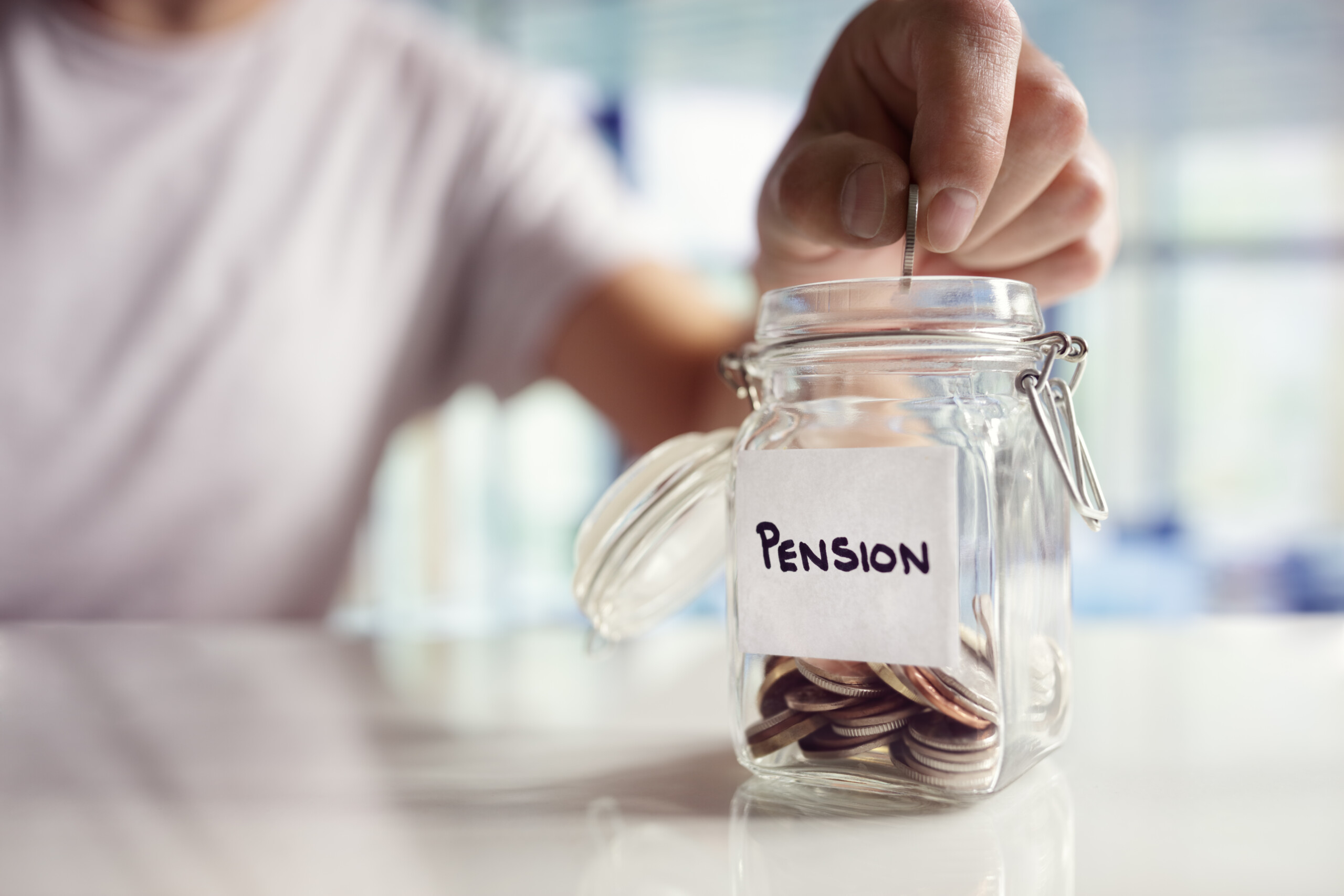
Date posted: 10th Sep 2021
Each individual has an annual pension allowance, which is the maximum that can be saved into a pension plan, each tax year and receive tax relief.
However, there are tax implications of exceeding the maximum allowance / limit and that limit depends upon the amount of income that you earn. It is important that you are aware of these limits, as large tax bills can arise. These bills are particularly prevalent with taxpayers who have final salary / defined benefit pensions but are seen in numerous other instances.
The allowance/limit
The starting point for the annual allowance is £40,000. However, this potentially reduces to as low as £4,000 depending upon your level of earnings and whether you are already drawing down on other pensions.
Whilst you may be able to offset earlier years unused allowances, it is important that you speak to a tax adviser about your own circumstances to be certain.
Unexpected tax bills
Unexpected tax bills can arise if you exceed your personal annual pension allowance. These bills will need to be paid to HMRC by 31 January after the tax year in which the allowance is exceeded. In some instances, the pension trustees can agree for the pension to meet the tax bill but a) this needs to be done within certain time limits and b) this will reduce the value of your pension.
If you have been unaware of these tax bills for a number of years, then you could be storing up a significant tax bill, which you will need to personally meet.
Example
Isobel took a new job three years ago with a starting salary of £300,000. She was also invited to join the company’s final salary pension scheme. The annual pension “input” is £35,000 per year. Prior to joining her new company, Isobel had earned £100,000 per annum and also contributed £40,000 (including tax relief) per annum to her private personal pension.
Isobel is likely to have a significant tax bill on the pension savings, since her new employment began. She will need to pay 45% tax on at least £25,000 for a number of years. This could even be 45% tax on £31,000 for the last tax year.
Declaring the tax
Such bills need to be declared to HM Revenue & Customs (HMRC) via a Self Assessment Tax Return. Even if the pension scheme agrees to meet the liabilities, the appropriate declaration still needs to be made to HMRC via your Tax Return.
If you need advice regarding pensions and tax, please give us a call or contact us here.


